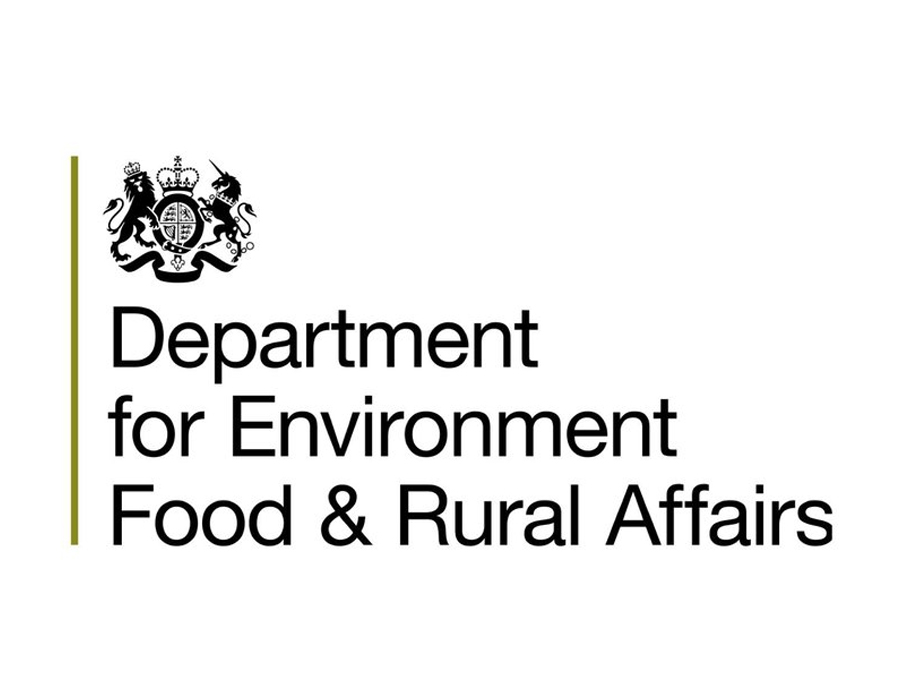Kantar data shared with the British Frozen Food Federation shows shifting consumer preferences amidst the backdrop of persistent food inflation. The latest findings, covering 52 weeks to 17 March 2024, indicate a modest 0.1% increase in the volume of frozen food sales, alongside notable consumer behaviour trends.
In response to ongoing food inflation challenges, consumers continue to turn to own-label products, in place of established brands. In the same 52-week period, total private label volumes have increased by 2.2 percentage points against a -3.7 drop in total branded volume. Discount retailers are witnessing a surge in both volume and value, as budget-conscious consumers switch from three of the big four supermarkets, seeking more affordable alternatives. This significant shift is evident across the market spectrum, highlighting that consumers continue to prioritise value amidst economic uncertainty.
However, upmarket retailers such as M&S have experienced a marginal rise in frozen food sales within the broader shift towards own-label products. This nuanced trend suggests a continued demand for value even in a premium environment, indicating opportunities for retailers to capitalise on evolving consumer preferences and increase their frozen offering.
“While food inflation remains a persistent challenge, we are witnessing a notable change in consumer behaviour,” remarked Rupert Ashby, CEO of BFFF. “The data reflects a shift towards value-driven purchases, with consumers increasingly prioritising affordability without sacrificing quality. Volume share increases of 0.8 and 0.6 percentage points for Lidl and Aldi and a decline of -0.6 and -0.8 for Morrisons and Asda over the 52 week period show where the most change is happening. Sainsbury’s is bucking that trend with a 52 week increase of 0.6 in volume sales.”
Moving to the last quarter, the frozen food sector has disappointingly encountered a decline, with the exception of savoury products, which have experienced sustained demand (+3.1% volume) over the 12 weeks to 17 March 2024. However, basket sizes are shrinking across the board with total grocery volume dropping by -0.8% over this period.
Mr Ashby added: “With the national minimum wage on the rise and the rate of inflation now slowing down, consumers can anticipate a potential reprieve on the financial struggles of the last few years. As economic conditions stabilise, we anticipate a resurgence in consumer spending power, presenting new opportunities for frozen food manufacturers.
“Yet this is somewhat of a double-edged sword. More expensive labour in an already stretched market means that manufacturing costs will rise, and this will likely be passed on to the consumer in the price of the product. Global conflicts continue to cause market disruption so we’re a long way from being out of the woods yet.”
The Kantar data showed that the overall grocery market experienced a 5.0% increase in value over the last quarter. However, when read alongside the decreasing volume stats, it’s clear that consumers are paying more for less. Within specific categories, a significant surge in the value of frozen potato products was recorded (+11%), indicating notable price changes in this category. This spike can be attributed to supply issues as poor weather has led to lower yields1.






















